Blog

The 2018 Retailer Report Card evaluated forty retailers for their actions on toxic chemicals. Almost half of the retailers evaluated scored Fs, including Washington state-based companies Starbucks and Nordstrom. Join us in sending a message to Starbucks and Nordstrom urging them to step up and do better to protect customers! There is no excuse for […]
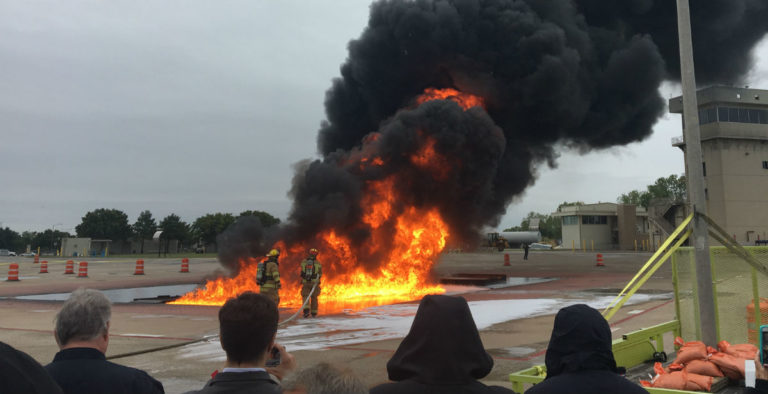
Toxic-Free Future’s Science Director, Erika Schreder, recently traveled to a conference in Dallas to gain more expertise on firefighting foams. She wanted to find out how well PFAS-free foams perform as we work with airports and refineries to stop the use of PFAS-containing foams. This research is critical as states and the Federal Aviation Administration […]

Big retailers can help protect consumer health and increase demand for safer products by adopting chemical policies to reduce toxic chemicals in products they sell. The 2018 Retailer Report Card grades retailers on their efforts to reduce toxic chemicals. Find out how Pacific Northwest retailers and all your favorite retailers fared.
Your support allows us to make big impacts. Will you donate today?
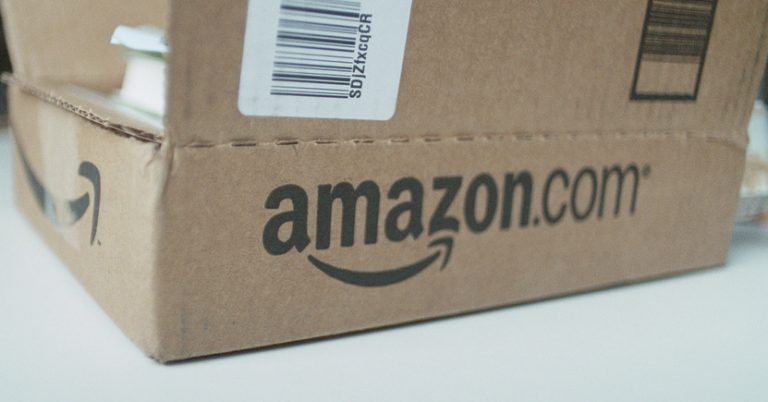
On October 5, Amazon issued its first-ever public safer chemicals policy. The policy includes restrictions on dozens of toxic phthalates, parabens, formaldehyde releasers, nonylphenol ethoxylates (NPEs), triclosan, and toluene in its private brand baby, household cleaning, personal care, and beauty products in the United States.
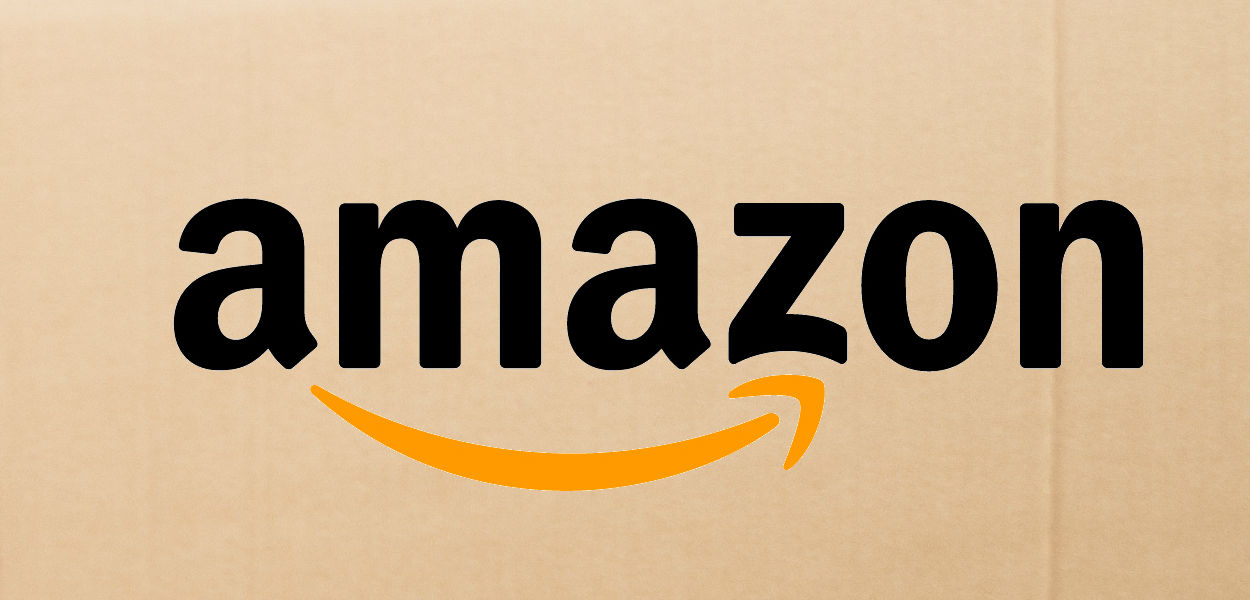
With the market power to lead on eliminating toxic chemicals in its products, Amazon's new chemicals policy takes a step in the right direction. But it can do more.

We have an exciting few months ahead of us at Toxic-Free Future. There are a number of campaigns around the corner, including protecting our kids and Puget Sound from toxic chemicals in consumer products, and calling on chemical makers to clean up communities polluted with nonstick PFAS chemicals. But to achieve these goals, we need […]
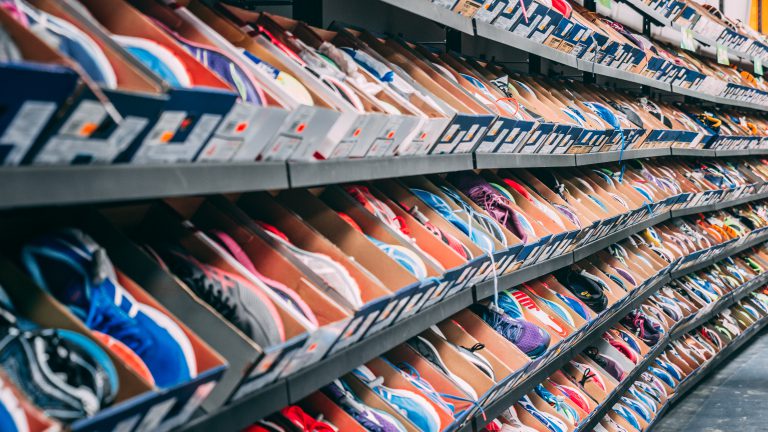
ChemSec's Marketplace website is meant to be a hub where buyers and sellers can meet. It’s a bit like eBay or Craigslist, but instead of vintage watches and job postings, Marketplace connects companies with safer alternatives to toxic chemicals.

Many communities have been calling on the federal government to help address the PFAS drinking water crisis. And this week Congress is working to address it in a couple of ways.

As the federal government continues to roll back and undermine critical environmental and public health protections, we are amplifying our efforts in the marketplace to drive hazardous chemicals out of our homes and communities through our Mind the Store campaign.
One way we continue to do that is through our annual Who’s Minding the Store? retailer report card, which benchmarks the progress of the nation’s biggest retailers toward requiring products they sell utilize safer chemicals for consumers and workers.
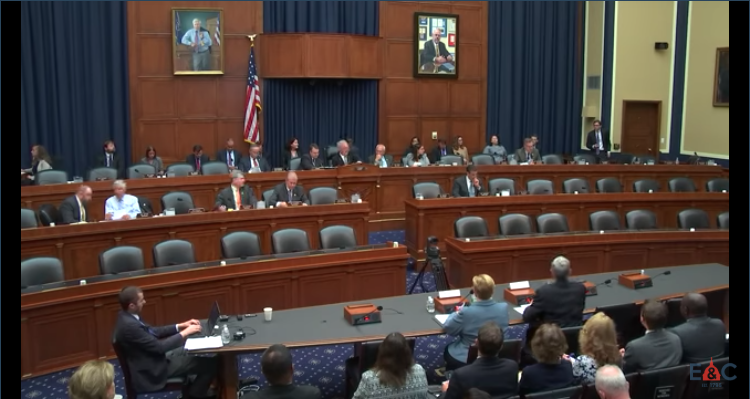
This week the House Energy and Commerce Environment Subcommittee held a hearing on perfluorinated (PFAS) chemicals in the environment. Millions of people across the United States are exposed to drinking water contaminated by toxic PFAS chemicals.

